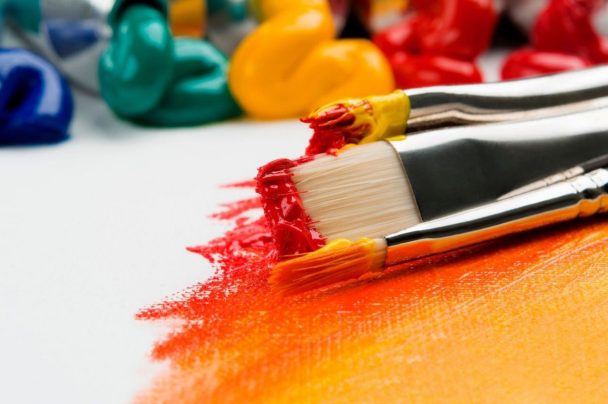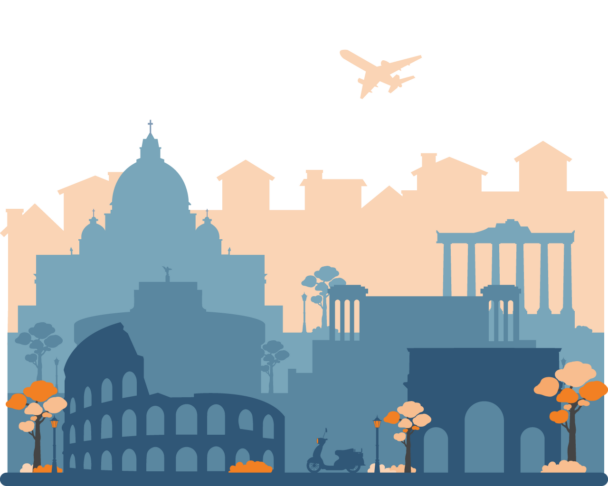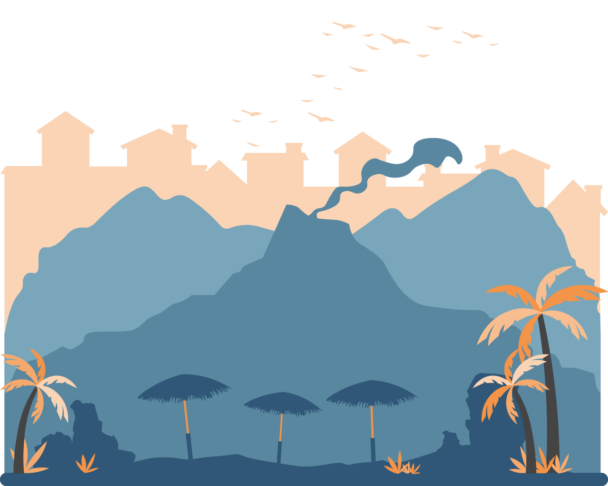Description
The course takes a multidisciplinary approach to art psychology, introducing participants to different ways of understanding and teaching arts, dealing with the student’s creative process, and taking the best of the positive impact of art-related activities on our well-being.
It is based on a broad understanding of art and creativity across the lifespan and will draw on work in several disciplinary areas such as neuropsychology, pedagogy, and sociology, to consider creativity at different ages and in different contexts and specifically to consider the artistic phenomenon as a combination of perspectives and situations (artist, viewer, artwork).
Participants will be involved in an active learning process, also focusing on personal experience and self-expression, combining cognitive and emotional elements to make the learning process easier and ensure long-lasting retention of the new knowledge.
By the end of the course, teachers will learn how to combine art theory and practice in a productive way, to actively maintain students’ attention and motivation throughout the creative class and process, including art production, art communication, preparing, and visiting an art exhibition.
They will also be invited to improve their own creative attitude through a simple series of group and individual exercises that stimulate lateral thinking.
What is included
Learning outcomes
The course will help the participants to:
- Make use of art and psychology of art theory and practice in a productive way;
- Understand and consider different ways of interpreting and teaching creatively;
- Actively maintain students’ attention and motivation throughout a creative class and learning process;
- Improve creative attitude and stimulate lateral thinking through group and individual exercises.
Tentative schedule
Day 1 – Course introduction & art education
Course introduction
- Introduction to the course, the school, and the external week activities;
- Icebreaker activities;
- Presentations of the participants’ schools.
Art education
- Foundation in Art Psychology;
- The artistic phenomenon (artist, viewer, artwork) and its relevant impact on art education and participation;
- Slides presentation, case histories, and individual practical activities.
Day 2 – Art, in the classroom and beyond
- Brain, Art, Society;
- A multidisciplinary approach to art pedagogy;
- Well-being and Life-Skills development through art practices;
- The creative process during the Life Span;
- Group discussion and focus group.
Day 3 – Art and communication
- Teachers’ lateral thinking;
- Let’s exercise our creative attitude to best communicate with students!
Day 4 – Active art
- Hands-on work;
- Understanding and enjoying art in the classroom – art production, history, management;
- Role-play/simulation by course members;
- How to actively maintain students’ attention and motivation.
Day 5 – Art outside the classroom
- Hands-on work;
- Understanding and enjoying art out of the classroom – visiting or organizing art exhibitions;
- Roleplay/simulation by course members;
- How to actively maintain students’ attention and motivation. (This lesson will be held outside the classroom).
Day 6 – Course closure & cultural activities
- Course evaluation: round-up of acquired competencies, feedback, and discussion;
- Awarding of the course Certificate of Attendance;
- Excursion and other external cultural activities.







